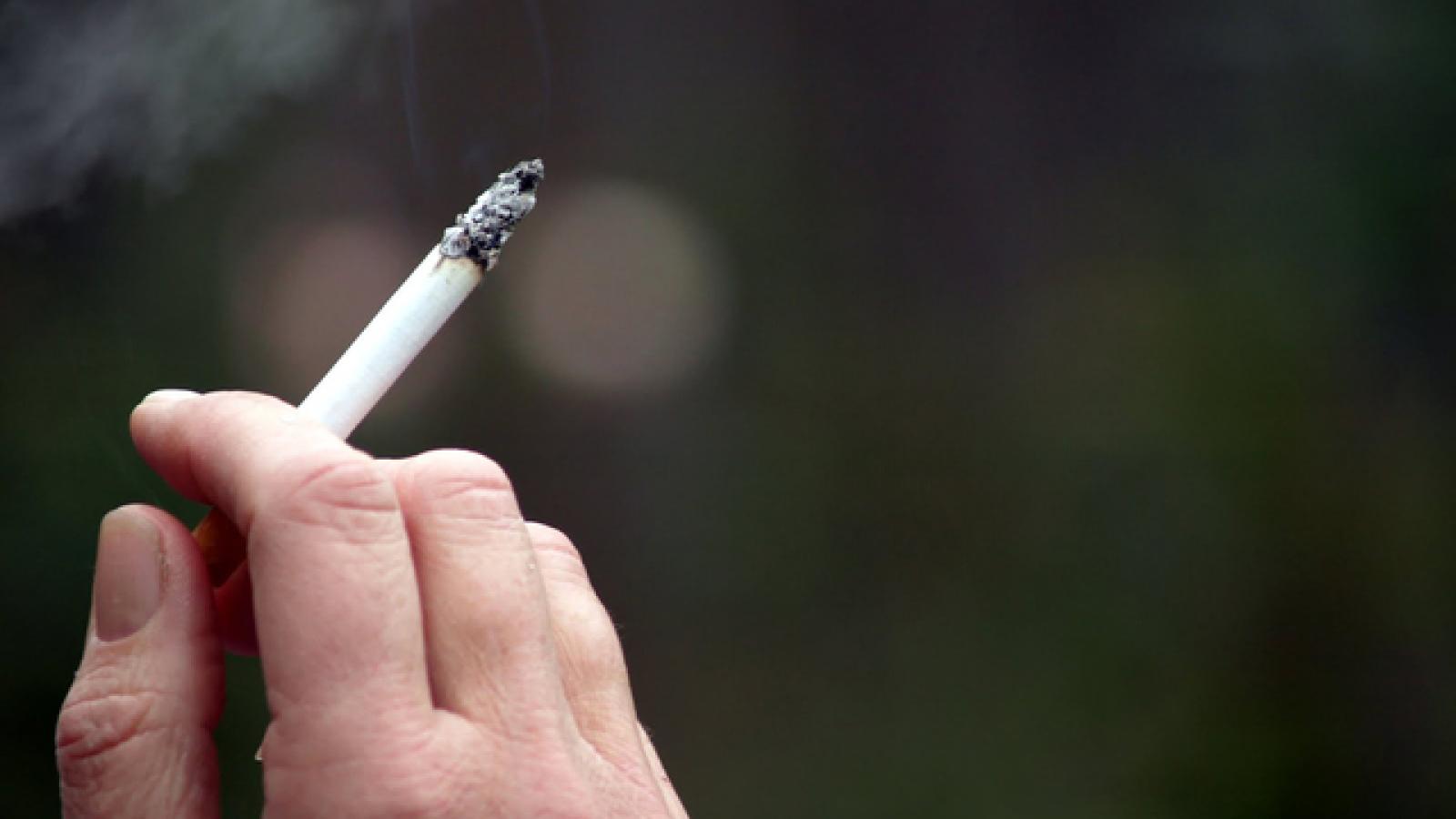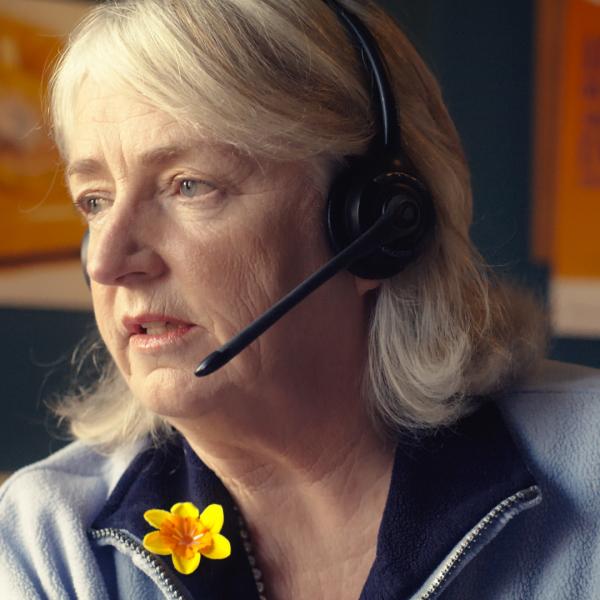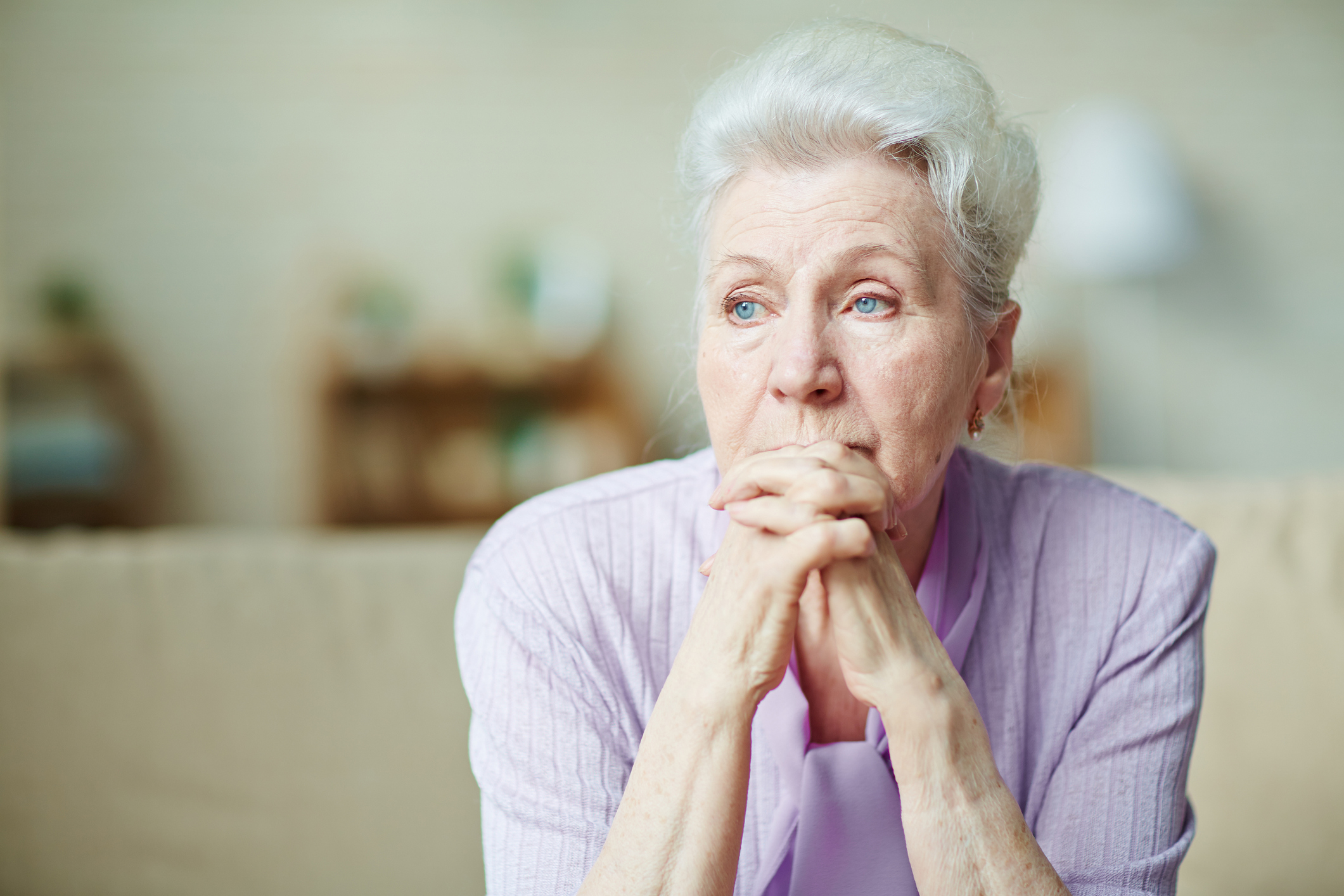What increases my risk of lung cancer?

- Smoking: Smoking causes about 9 in every 10 lung cancers. The longer you have smoked, and the greater the number of cigarettes you have smoked, the greater the risk. Low-tar cigarettes do not reduce your risk. Those who smoke pipes and cigars have a lower risk of lung cancer than cigarette smokers, but they are at a much greater risk than non-smokers.
Smoking is the cause of most lung cancers. However, it is possible to get lung cancer even if you have never smoked. Anyone with lungs can get lung cancer. Other risk factors include passive smoking, chemical and radon exposure, air pollution and family history.
- Passive smoking: Breathing in other people’s smoke also increases your risk of lung disease and cancer. But the risk is still much less than if you smoke yourself.
- Chemicals: Certain chemicals such as asbestos, uranium, metal dust and fumes, nickel, paints, diesel exhaust, nitrogen oxides. These risks are higher if you smoke as well.
- Air pollution: May be a risk where it is particularly bad.
- Radon gas: Radon is a radioactive gas found naturally in the soil. But if your home traps it inside, it can build up and cause harm. Being exposed to radon gas in areas where levels are high can increase your risk of lung cancer. You can check the level of radon in your area on the Environmental Protection Agency website.
- Family history: If you have a parent, brother, sister or child who has had cancer which started in their lung, your risk is increased.

Having a risk factor doesn’t mean you will definitely get cancer. Sometimes people with no risk factors get the disease. If you’re worried, talk to your GP or talk to one of our cancer nurses. Call the Support Line on 1800 200 700 or visit a Daffodil Centre.
Reducing your risk of lung cancer
The most important thing you can do to reduce your risk of lung cancer is to stop smoking.
Check out our resources on how to quit smoking.
For more information
Phone
1800 200 700


